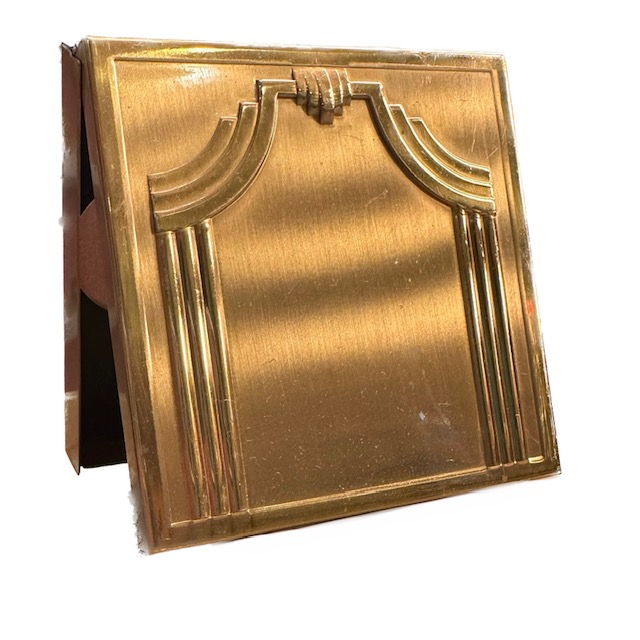The spotlight dims, the curtains rise, and there you are—center stage. But it’s not the kind of stage you expect. It’s your bathroom mirror, your makeup kit spread before you like a set of props. Each morning, each night, the same ritual: foundation, eyeliner, a swipe of lipstick. Whether you’re feeling it or not, the show must go on.
We don’t think of it this way, but makeup is its own kind of performance. It’s a silent dialogue between the person you are and the person you want to project. Even on the days when you don’t feel like playing the part, there’s something in us that says, “Just put on your character costume, and you’ll feel better.”

We’ve been told for so long that beauty is effortless, that it’s a natural state, but the truth is, it’s anything but. It’s a craft, a choreography of brushes and colors, a performance art that demands daily rehearsal. And on some days, it feels like a command performance—whether we’re ready for the role or not.
But the audience isn’t always out there. Sometimes, the performance is for ourselves. And sometimes, we’re the harshest critics, demanding perfection when all we need is presence. We expect every wing of eyeliner to be sharp, every shade to be flawless, as if missing the mark discredits the entire act. But the real show, the one that counts, is how we show up for ourselves. Even when it’s hard. Especially when it’s hard.
And yet, the performance continues because we’ve learned that keeping up appearances can serve as a lifeline. It’s not just about looking good for others; it’s about feeling anchored in a world that often feels off-script. Beauty routines, like rituals, offer comfort. They give us structure when life feels chaotic, control when everything seems uncertain.
But here’s the paradox: we wear the mask of perfection, the stage makeup of “having it all together,” and in doing so, we lose something. When we cover up, do we risk losing the raw, unfiltered version of ourselves? Or is this performance just another expression of who we are—a way to engage with the world while keeping a piece of ourselves hidden for safe keeping?
Some days, you want to step off the stage, wipe away the makeup, and let the world see the unedited version. But the world isn’t always ready for that, and maybe you aren’t either. The show must go on, not because it has to, but because it’s what we’ve learned to do. It’s the space between authenticity and expectation, between revealing and concealing.

